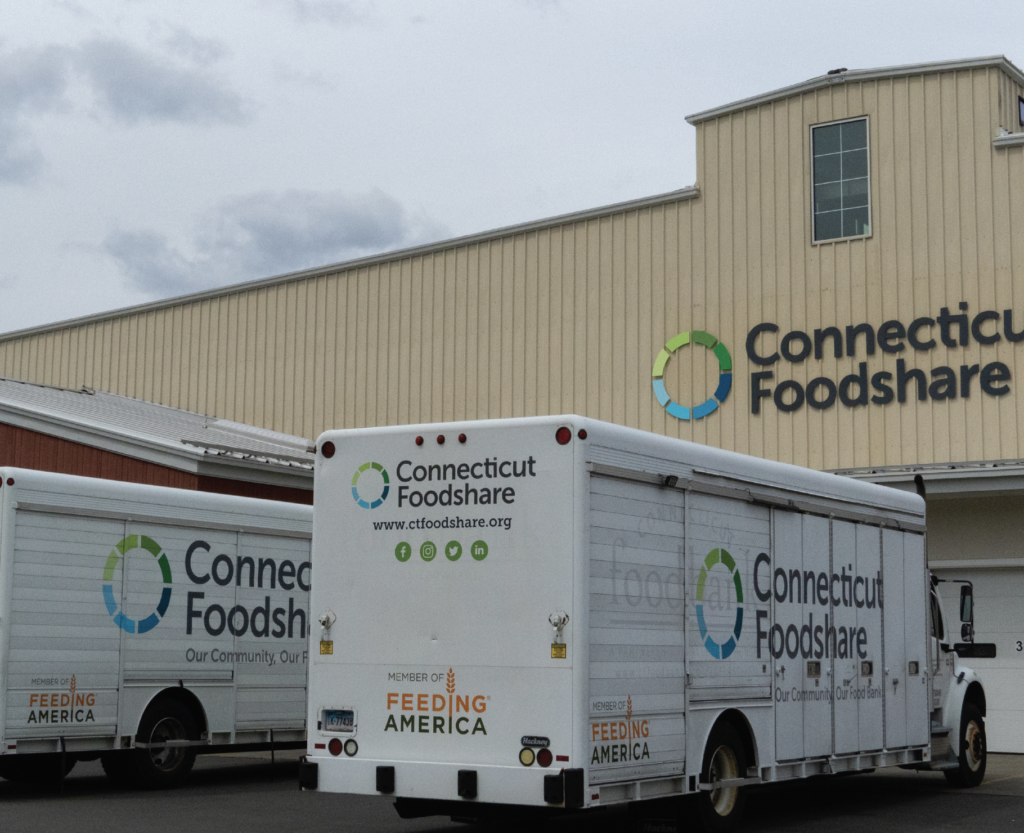On Monday, March 25, the Environment Committee of the Connecticut General Assembly approved a bill that seeks to eliminate single-use plastic bags across the state. If it is passed by the state legislature, the proposed bill would take effect on January 1 of 2020. Many towns in Connecticut have already placed individual restrictions on plastic bag use, and Westport and New Haven have even implemented plastic bag bans, though New Haven’s was later dissolved. However, statewide bans are still relatively uncommon, and the Connecticut Mirror names California as the only state to have enacted such a ban.
The bill is one of several that passed through the Committee on March 25, including a ban on single-use styrofoam containers. It is also only one of several bills to pass through the Committee since the beginning of 2019 designed to place restrictions on plastic bags. Governor Ned Lamont suggested his own plastic bag bill on February 20, proposing a five-cent charge for plastic bags to be given to the government as a part of a plan to mitigate a potential budget deficit, according to the Hartford Courant.
The bill, if made into law, could have a significant impact on Connecticut’s waste. While a statewide waste characterization study conducted by the Connecticut Department of Energy and Environmental Protection in 2015 did not list plastic bags as one of the most common forms of waste in the state, it did list that the state had accumulated over 16,000 tons of waste in the form of plastic grocery and merchandise bags (A single plastic grocery bag weighs about four or five grams).
In addition to reducing landfill waste, many are optimistic that the ban could have a positive impact on local ecosystems. Many plastic bags end up in Connecticut’s waterways or entangled in its wildlife. Professor Travis Wagner from the University of Southern Maine explained to the Connecticut Mirror how plastic bags break down into microparticles and are consumed by aquatic organisms. “A couple of studies sampled seafood and shellfish, and they found plastic debris in their digestive tract,” he said. “What does that mean? We’re not sure, but it certainly raises concern.”
While the bill approved on March 25 could taper the disposal of plastic bags, it is still only applicable to certain types of merchandise bags, and there is some concern that it will only increase usage of paper bags, though the paper bags will have to be recyclable if the bill becomes law. According to the Connecticut Food Association, paper bags are about five to seven cents more expensive for stores to purchase than plastic bags.
Wallingford’s town website delineates the modes of recycling for many different common household materials such as newsprint, cardboard, and beverage containers, which can all be recycled through the town’s recycling program. However, “plastic film,” the plastic grocery bag material, can only be recycled at local grocery store locations such as Shoprite, making recycling single-use plastic bags a bit more of a hassle than most items. The bag ban approved by the Environment Committee could help prevent such bags from being dumped in Wallingford residents’ trash cans.
The single-use plastic bag ban bill still has a long road ahead of it and must face further scrutiny from state lawmakers before it can become law.




